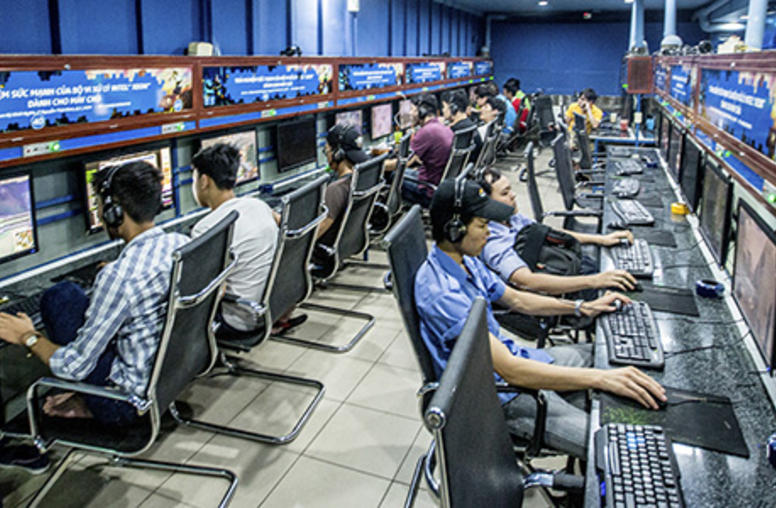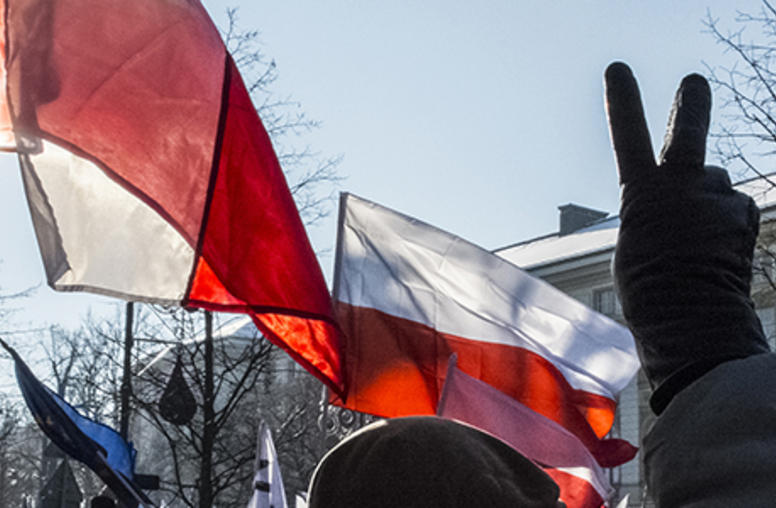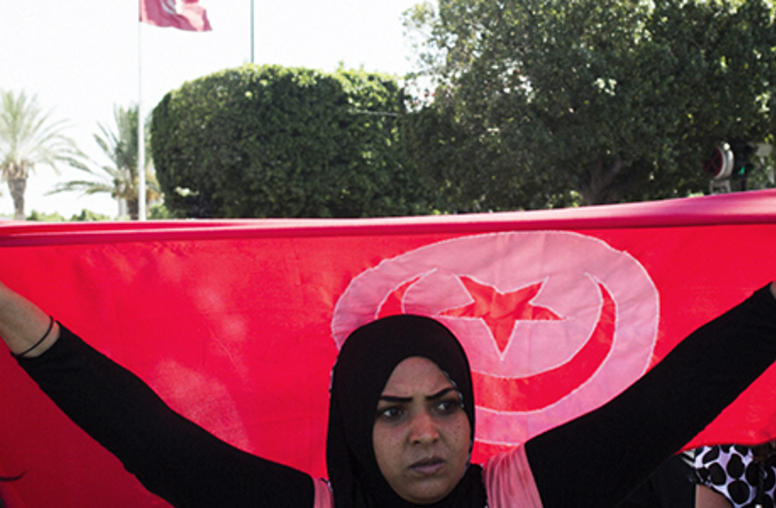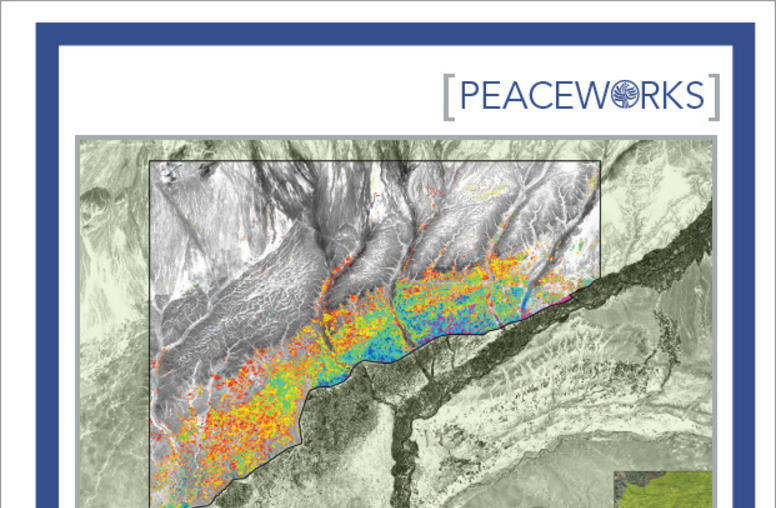Can Hip Hop Beat Conflict?
Hip hop music is finding its way to zones of conflict around the world. In some cases it promotes tolerance and non-violence and in others it seems to fan the flames. What factors have contributed to hip hop’s appeal among youth in conflict zones? How is it affecting their attitudes toward violence? Please join us for a panel discussion that will explore the impact of hip hop culture on conflicts in Sierra Leone, Uganda and the Middle East.
This event is part of the first annual DC Hip Hop and Peacebuiding Festival. To read the full list of events please visit www.beats4peace.org.
Archived Audio
To listen to audio or to view video, please click on the links provided below. You also can right click on the links and choose "Save Target As" or "Download Linked File." This will save the file to your computer and then allow you to play it in your media player directly. More Audio Help.
- Listen to the audio from this event.
2:01:45 - 23.1MB
Warning: This audio file contains explicit language.
Speakers
- Marc Sommers
Tufts University - Carl Walker (aka Kokayi)
U.S. Department of State Hip Hop Goodwill Ambassador - Abeer (aka Sabreena da Witch)
Palestinian Hip Hop Artist featured in the documentary Slingslot Hip Hop - Silas (aka Babaluku)
Ugandan Hip Hop Artist and Founder of the Bavubuka Foundation - Victoria McColm, Moderator
U.S. Institute of Peace



